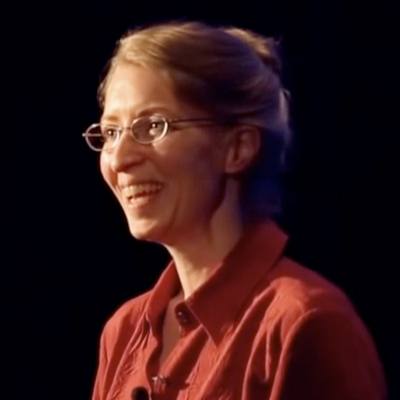Identifying learning techniques that will enhance student achievement
Many students are being left behind by our educational system. The National Assessment of Educational Progress is an assessment given to 161,000 students in public and private schools across the United States. Unfortunately, on the science assessment only 34% reached a level of proficiency and for the mathematics assessment 37% reached a proficient level of performance. Dr. Katherine Rawson, of Kent State University, hopes to be part of the solution required for improving the education system by helping students to better regulate their learning through the use of effective learning techniques. By understanding the best ways for students to do the most learning in a limited amount of time, Dr. Rawson's research can have an incredible impact on students and could likely also be profitably applied to help with learning in other contexts, such as patient education. Her studies aim to identify techniques that will enhance student learning, including self-testing, group learning, and example-based learning.
Dr. Rawson's research is helping to improve education based on empirical, scientific research about what works. Furthermore, by better understanding what educators can offer students in order for them to learn more effectively and efficiently, Dr. Rawson's research has broad applicability for a wide range of learners. These many applications can then be applied to create interventions that will significantly enhance student achievement across content domains. In addition to her research, Dr. Rawson's role as an educator is supported by her rich understanding of how to help students learn best. Her success as a professor has been informed by her ability to apply research to her own classroom!
Current research includes:
-
Retrieval-monitoring-feedback (RMF): Dr. Rawson has students self-test and monitor their progress in learning with appropriate feedback, in multiple short sessions distributed across time. Her research has thus far shown impressive improvements in course performance and long-term retention of course content. Dr. Rawson hopes to scale up this project to examine effectiveness of this technique for a broader range of learners and content domains.
-
Example-based learning: Dr. Rawson is investigating example-based learning techniques to help students learn conceptual information. While this project is still in its early stages, Dr. Rawson hopes that it may shed light on new techniques for effective learning.
-
Collaborative learning: Dr. Rawson is investigating the extent to which having students learn in groups or teams enhances student learning. This research could better inform educators as they craft assignments to strengthen learning.
Bio
When Dr. Rawson finished high school, she didn't go directly into college because she didn't know what she wanted to do and she didn't believe she could afford college. Instead, Dr. Rawson worked in restaurants and eventually made her way up to management. The incredible turnover rate of employees in restaurants ensured that she needed to train new employees every four to six months. However, with the little amount of training, support, or guidance she was given, she did not know how to best train her employees. Therefore, the initial seed of her interest in how people learn came from the perennial problem of employee training. However, the more striking experience for her was the concern at the functional educational levels of many of her employees. This concern quickly blossomed into an interest in learning and education more generally, and how educational outcomes might be improved. Thus, when Dr. Rawson decided that restaurant management was not what she wanted to do, she decided to go back to school and study learning and education!
In her free time, aside from research, Dr. Rawson enjoys reading and collecting books with her husband. She and her husband have now collected over 2000 books! In addition, they share a love of playing pinball and have three pinball machines in their basement. Lastly, as a self-identifying "birder," Dr. Rawson enjoys bird-watching and even enjoys traveling to see new species of birds.
Website: http://www2.kent.edu/cas/psychology/people/rawsonlab/


